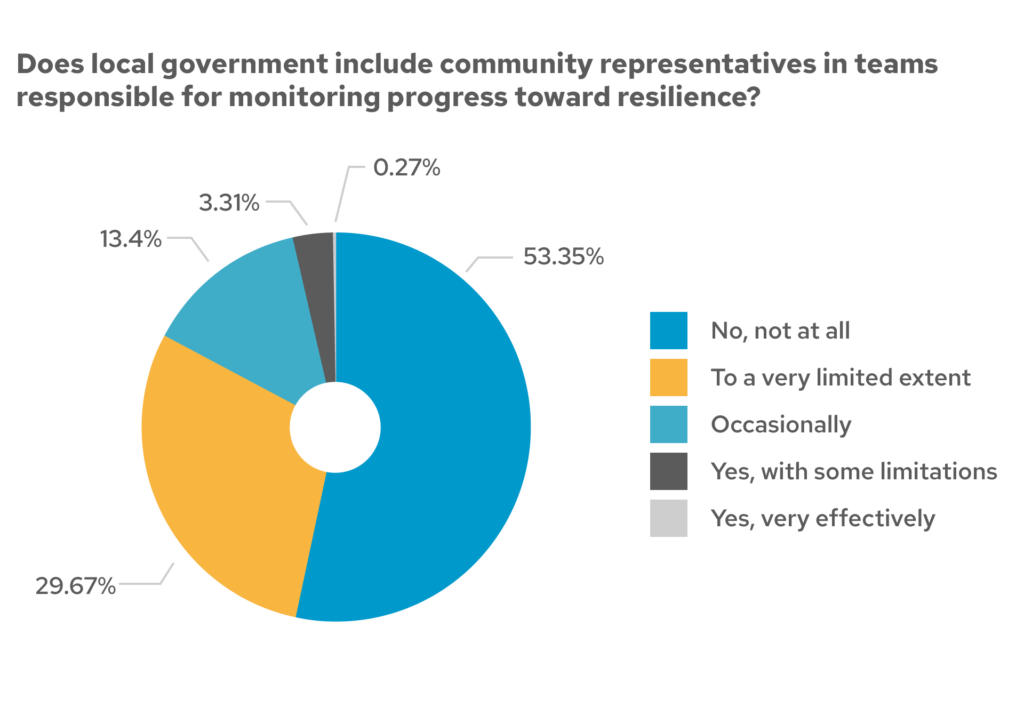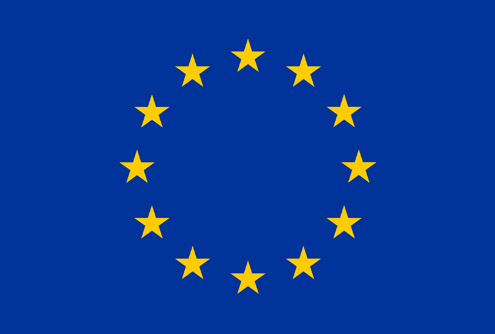VIEWS FROM THE FRONTLINE
Mauritania
We’re working with 15 communities in Mauritania to ensure that development is informed by the perspectives of people most at risk.
As part of our global Views from the Frontline programme we have surveyed community members, civil society organisations and government representatives across the country. Here we present our key findings, conclusions, activities and impact.
Random household surveys
Civil society surveys
Local government surveys
Key findings and conclusions at the national level
- There is a need to diversify community livelihoods to build resilience and reduce vulnerability to climate change and disaster risks, especially droughts
- There is a need to ensure effective collaboration between communities and local government for assessing, planning, implementing and monitoring risk reduction activities
- Integration of risk into national and local programmes and development plans needs to be ensured

Surveys undertaken in Mauritania
Our Views from the Frontline surveys in Mauritania were undertaken in 2019.
Who was surveyed?
We surveyed 983 random households, 152 civil society organisations, 151 local government representatives, and undertook 113 community consultations.
Risk locations prioritised
We prioritised three risk areas:
- Assaba
- Guidimagha
- Traza
Communities surveyed
We surveyed people from 15 communities: Sani, Kouroudjel, Tweijila, Kankoussa, Barkéol, Chleikha, Wendou Nyibi, Bou Guerba, Sélibaby, Bouanz, KeurMacen, Lexeibe, Hsey Tourja, Rosso and Boutilimit.
Our impact
Activities undertaken in response to community-level findings and conclusions
- Mobilisation of communities on different livelihood opportunities for building their resilience and reducing vulnerability due to climate change and disaster risks
- Reconstruction and repairs of wells and dykes to reduce the impact of disasters on communities
- Sensitisation of different stakeholders on the inclusion of communities in the assessment, planning, implementation and monitoring of risk reduction plans and activities
- Demonstration of good practice against disasters for adoption by local communities
Impact of activities
- Communities are aware of different livelihood opportunities available in their locality that can build their resilience and minimise the impact of climate change and disaster risks, especially droughts
- Steps have been taken to better include communities in the assessment, planning, implementation and monitoring of risk reduction plans and activities at local level
- Local authorities better understand risk and the consequences of disaster for communities, leading to the improved integration of community risk into local programmes and development plans
Our project partners in Mauritania
Our Views from the Frontline programme is implemented by GNDR member organisations and partners in the country.
National coordinating organisation
- Solidarite & Developpement Durable
Partner organisations
- L’Association pour le Développement Intégré de Guidimagha
- L’Association pour la Formation L’encadrement, le Développement à la Base et la Lutte Contre le Paludisme
- L’Association pour les Gestionnaires du Développement
View all data from Mauritania
You can view all our Views from the Frontline survey data using our data dashboard. You can also learn more about our methodology for selecting at-risk areas and survey respondents.
Project funded by
European Union

Our Views from the Frontline project is funded by the European Union (EU). Content related to this project on our website was made possible by the support of the EU. All content is the sole responsibility of GNDR and does not necessarily reflect the views of the EU.
View their websitePhoto credit
Sahel food crisis, Mauritania by Oxfam International on Flickr.